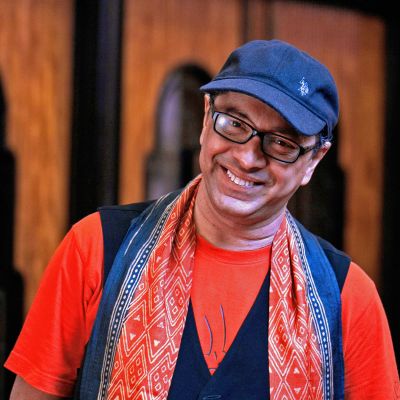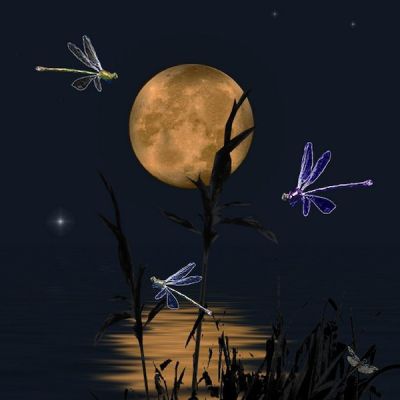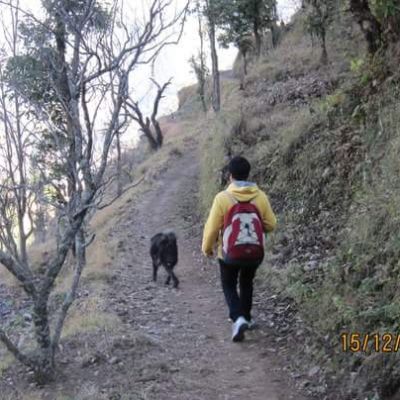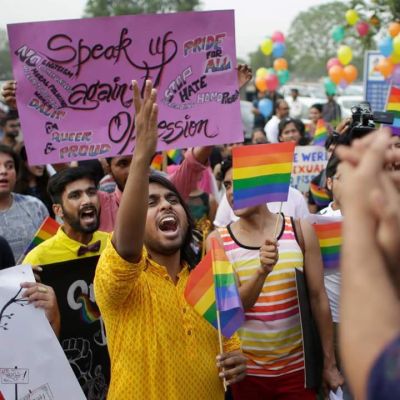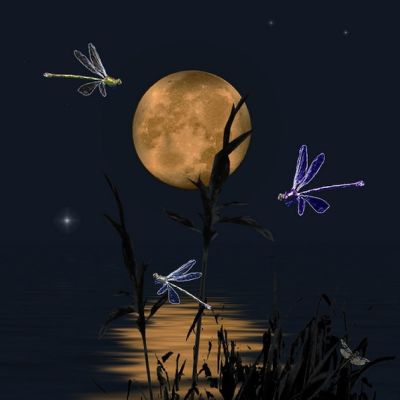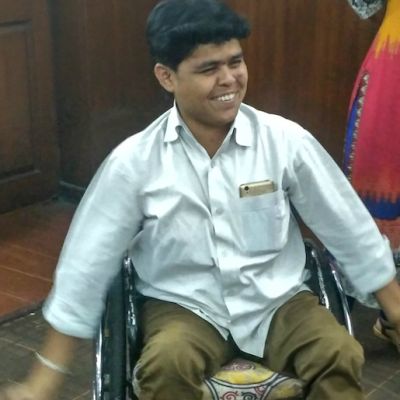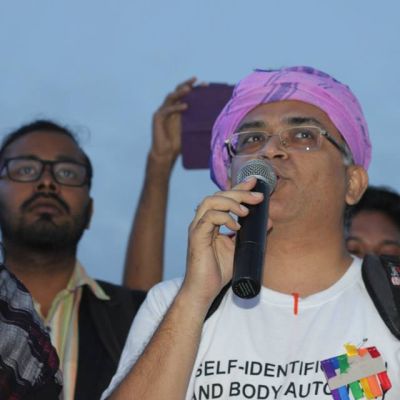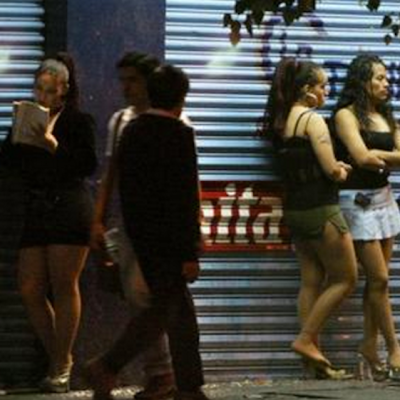Shikha Aleya
In this Issue of In Plainspeak, we speak to Sridhar Rangayan about dimensions of friendship and sexuality. Sridhar is an…
Her eyes are open now, she looks at him. There is sadness there. “What my love? What happened?” he asks….
‘Why would you want to loiter?’ is an excellent question to ask feminist researcher, parent, educator and activist Dr. Shilpa…
Time and sexuality, neither is one-dimensional, neither is neat and both have a way of being always in a state of movement, whether we like it or not, flow with it or not.
In November 2015, during the Delhi Queer Pride March, three individuals held up signs that read, ‘Dalit, Queer, Proud’, establishing…
What is fiction? Is it born of reality? Or does it birth reality, reflecting it back at me until I see the things I do not see? Until I find the person that is me? Until I dance my horse dance under moon, under stars, in a room full of people who like horse dancing just as much as they like the swirly skirt and the pot-bellied person doing the Bhangra.
प्रत्येक फैंटसी या कल्पना एक बेहद ही निजी अनुभव होती है, भले ही यह मन में ही रखी जाए या दूसरों को बतायी…
He is the founder of a number of support organisations that focus on sexuality and disability issues at the grassroots. Over multiple conversations conducted in Hindi and English, Kiran and Shikha Aleya discussed issues of sexuality, access and disability based on some of Kiran’s life experiences.
Accessibility begins with access, enabled or denied, to concepts and ideas. At the core, beyond the architecture of the real and virtual worlds, it is about the architecture of the ways in which this access is broadened, to not only accommodate, but to nurture, the myriad expressions of human minds and bodies.
Shikha Aleya: What are some of the biggest barriers you have faced in your efforts to create dialogue and visibilise…
In this issue of In Plainspeak, we interview Pawan Dhall, Founding Trustee of Varta Trust, queer activist, writer and social researcher. He is also the editor of the Varta webzine, promoting and sustaining dialogue on gender and sexuality, across diverse groups of people. As Pawan says, “We are all strung together on a spectrum of gender and sexuality, and we don’t have to be fixed at a single point on the spectrum throughout our lives.”
Anja speaks with Shikha Aleya about the spread of digital surveillance into almost every aspect of our lives, its implications and what we need to do about it.
As soon as you add sexuality to a piece about money, the first instinct generally is to reduce it all to sex, leaving the “-uality” like a little invisible tail feather that flutters away into the unknown.
The concept of boundaries has become mixed up with the concept of being bound in a this-far-and-no-further way. They have become enclosures, aquariums, cages built for those who inhabit them, but not necessarily built by them.
Tolerance and space for another who is not like oneself is important. Without such tolerance and space we risk becoming perpetrators of injustice, forcing everybody into a mold that is not their shape.

